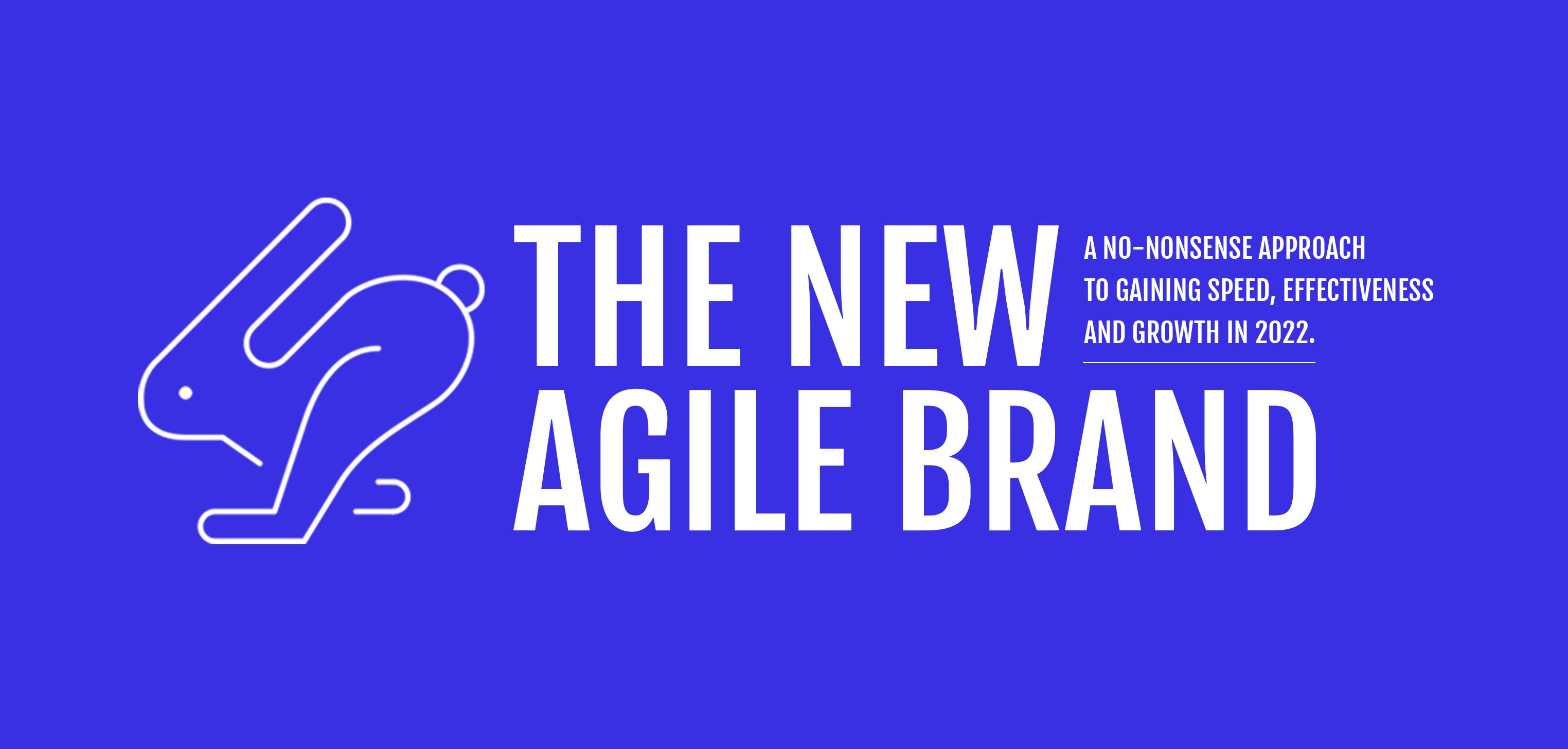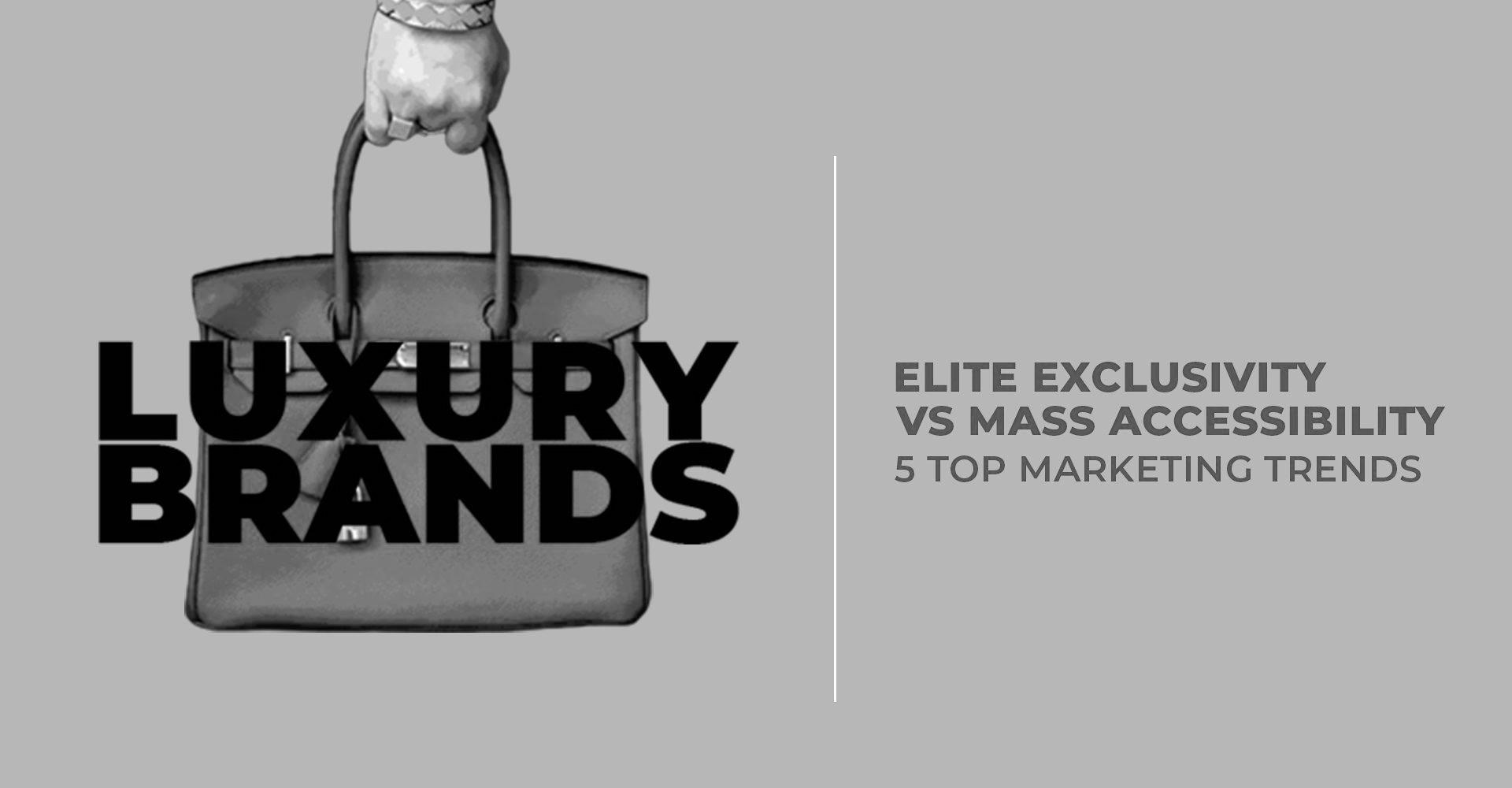Agility can be summarised as the need for speed in bringing an offer to market, as well as driving growth. Today, however, the idea of ‘agile’ calls for a greater level of sophistication.
As Bill Gates said: “Success today requires the agility and drive to constantly rethink, reinvigorate, react and reinvent”.
Events of the past two years have forced brands to rethink their approach to meeting market demands. For many, these pressures have revealed flaws inherent within more traditional business systems – such as the traditional agency-brand relationship.
How does one implement and achieve this kind of agile state exactly? And what are the potential pitfalls one should anticipate?
In our webinar, the New Agile Brand, we spoke to Amanda Colpoys, an award-winning business agility coach and consultant, David Newton, the Global Consumer Strategy & Creation Leader at Phillips, and Chloe Couper, Marketing Practitioner and the Head of Pet Marketing at the Direct Line Group. We asked them how their brands have implemented agile practises to gain speed, as well as marketing effectiveness and business growth.
How can agility drive growth?
Amanda Colpoys, award-winning agility business coach, emphasises shorter feedback loops. The ability to take advantage of incoming information is vital, thereby enabling marketers to correct specific points in their campaigns. Moreover, shorter feedback loops contribute to clearer goals. Agile is geared toward meeting consumer demands and understanding, with shorter feedback loops, what content resonates the best. The result, of course, is a more effective process that results in a greater return on investment.
Accountability and consistent messaging are similarly core components of achieving agility, as Chloe Couper, Head of Pet Marketing at the Direct Line Group, has explored. Building squads of talent, now able to draw on a multitude of insights and specialisms, that can cultivate a more end-to-end view of a brand’s funnel is fundamental in consistent messaging to customers.
What’s more, much of the benefit also centres around greater alignment and coordination. Larger, especially global, brands feel the brunt of misaligned goals and poor internal communication worse than most. If one branch moves out of step with another, the ripple effect can have serious negative consequences.






